The Science Behind Cannabis and Mental Health: How Cannabinoids Can Help Reduce Anxiety and Stress
Cannabis has been used for centuries to treat a variety of medical conditions, including mental health issues. In recent years, research has begun to explore the potential of cannabis to treat mental health issues such as anxiety and stress. This article will explore the science behind cannabis and mental health, and how cannabinoids can help reduce anxiety and stress.
Cannabis contains a variety of compounds known as cannabinoids. The two most well-known cannabinoids are tetrahydrocannabinol (THC) and cannabidiol (CBD). THC is the psychoactive component of cannabis, and is responsible for the “high” associated with cannabis use. CBD, on the other hand, is non-psychoactive and has been found to have a variety of therapeutic effects.
Research has shown that both THC and CBD can have a positive effect on mental health. Studies have found that THC can reduce anxiety and stress, while CBD can reduce symptoms of depression and anxiety. Additionally, both THC and CBD have been found to have anti-inflammatory and neuroprotective effects, which can help protect the brain from damage caused by stress.
The exact mechanism by which cannabinoids reduce anxiety and stress is not yet fully understood. However, it is believed that cannabinoids interact with the endocannabinoid system, which is responsible for regulating a variety of physiological processes, including mood and emotion. By interacting with the endocannabinoid system, cannabinoids can help to regulate mood and reduce anxiety and stress.
In addition to the potential therapeutic effects of cannabinoids, cannabis also contains a variety of other compounds that may have a positive effect on mental health. For example, terpenes are compounds found in cannabis that have been found to have anti-anxiety and antidepressant effects. Additionally, flavonoids are compounds found in cannabis that have been found to have anti-inflammatory and neuroprotective effects.
In conclusion, research has shown that cannabis can have a positive effect on mental health. Cannabinoids, such as THC and CBD, have been found to reduce anxiety and stress, while other compounds found in cannabis, such as terpenes and flavonoids, may also have a positive effect on mental health. While the exact mechanism by which cannabinoids reduce anxiety and stress is not yet fully understood, it is believed that they interact with the endocannabinoid system to regulate mood and reduce anxiety and stress.
Exploring the Benefits of CBD for Mental Health Disorders

Mental health disorders are a growing concern in today’s society, with an estimated one in five adults in the United States experiencing a mental health disorder in any given year. While traditional treatments such as psychotherapy and medication are often effective, many individuals are now turning to alternative treatments such as cannabidiol (CBD) to help manage their symptoms.
CBD is a naturally occurring compound found in the cannabis plant. It is non-psychoactive, meaning it does not produce the “high” associated with marijuana use. Instead, it has been found to have a variety of therapeutic benefits, including the potential to help manage symptoms of mental health disorders.
Studies have shown that CBD may be effective in treating a variety of mental health disorders, including anxiety, depression, post-traumatic stress disorder (PTSD), and obsessive-compulsive disorder (OCD). In one study, CBD was found to reduce symptoms of anxiety in patients with social anxiety disorder. In another study, CBD was found to reduce symptoms of depression in patients with major depressive disorder.
CBD may also be beneficial for those with PTSD. Studies have found that CBD can reduce the frequency and intensity of flashbacks and nightmares associated with the disorder. Additionally, CBD has been found to reduce symptoms of OCD, such as intrusive thoughts and compulsive behaviors.
In addition to its potential therapeutic benefits, CBD is also generally well-tolerated and has few side effects. This makes it an attractive option for those looking for an alternative to traditional treatments.
Overall, CBD has shown promise as a potential treatment for a variety of mental health disorders. While more research is needed to fully understand its effects, it is an option worth exploring for those looking for an alternative to traditional treatments.
How Cannabis Can Help Manage Symptoms of Depression
Depression is a serious mental health condition that affects millions of people around the world. It can cause a range of symptoms, including feelings of sadness, hopelessness, and a lack of motivation. While traditional treatments such as psychotherapy and medication are often effective, some people are turning to cannabis as an alternative form of treatment for depression.
Cannabis is a plant that contains a variety of compounds, including cannabinoids such as tetrahydrocannabinol (THC) and cannabidiol (CBD). These compounds interact with the body’s endocannabinoid system, which is responsible for regulating mood, appetite, and other functions. Research suggests that cannabis may be able to help manage symptoms of depression by increasing levels of serotonin, a neurotransmitter that plays a role in regulating mood.
In addition to its potential antidepressant effects, cannabis may also be able to help reduce stress and anxiety, which are common symptoms of depression. Studies have found that cannabis can help reduce levels of cortisol, a hormone that is released in response to stress. This can help reduce feelings of anxiety and improve overall mood.
Cannabis may also be able to help improve sleep, which is often disrupted in people with depression. Studies have found that cannabis can help reduce the time it takes to fall asleep and increase the amount of time spent in deep sleep. This can help improve overall sleep quality and reduce fatigue, which can help improve mood.
It is important to note that cannabis is not a substitute for traditional treatments for depression. It is important to speak to a doctor before using cannabis to manage symptoms of depression. Additionally, it is important to be aware of the potential risks associated with cannabis use, such as impaired coordination and memory, anxiety, and addiction.
In conclusion, cannabis may be able to help manage symptoms of depression. It may be able to increase serotonin levels, reduce stress and anxiety, and improve sleep. However, it is important to speak to a doctor before using cannabis to manage depression and be aware of the potential risks associated with its use.
The Role of Cannabis in Treating PTSD and Other Trauma-Related Disorders
Post-traumatic stress disorder (PTSD) is a mental health condition that can develop after a person has experienced or witnessed a traumatic event. Symptoms of PTSD can include flashbacks, nightmares, difficulty sleeping, and feelings of guilt or shame. While there are a variety of treatments available for PTSD, including psychotherapy and medications, many people are turning to cannabis as an alternative treatment.
Cannabis has been used for centuries to treat a variety of medical conditions, including pain, anxiety, and depression. In recent years, there has been an increasing interest in the potential of cannabis to treat PTSD and other trauma-related disorders. While research on the use of cannabis for PTSD is still in its early stages, there is some evidence to suggest that it may be beneficial.
One study found that cannabis use was associated with a reduction in PTSD symptoms, including a decrease in intrusive thoughts, avoidance behaviors, and hyperarousal. Another study found that cannabis use was associated with a decrease in the severity of PTSD symptoms, including a decrease in nightmares and flashbacks.
In addition to its potential to reduce symptoms of PTSD, cannabis may also be beneficial in treating other trauma-related disorders. For example, one study found that cannabis use was associated with a decrease in symptoms of depression and anxiety in people with PTSD.
While the research on the use of cannabis for PTSD and other trauma-related disorders is still in its early stages, the evidence so far suggests that it may be beneficial. However, it is important to note that cannabis is not a substitute for professional medical care and should not be used as a replacement for traditional treatments. It is also important to remember that cannabis can have side effects, including impaired judgment, memory, and coordination. Therefore, it is important to speak with a healthcare professional before using cannabis for any medical condition.


